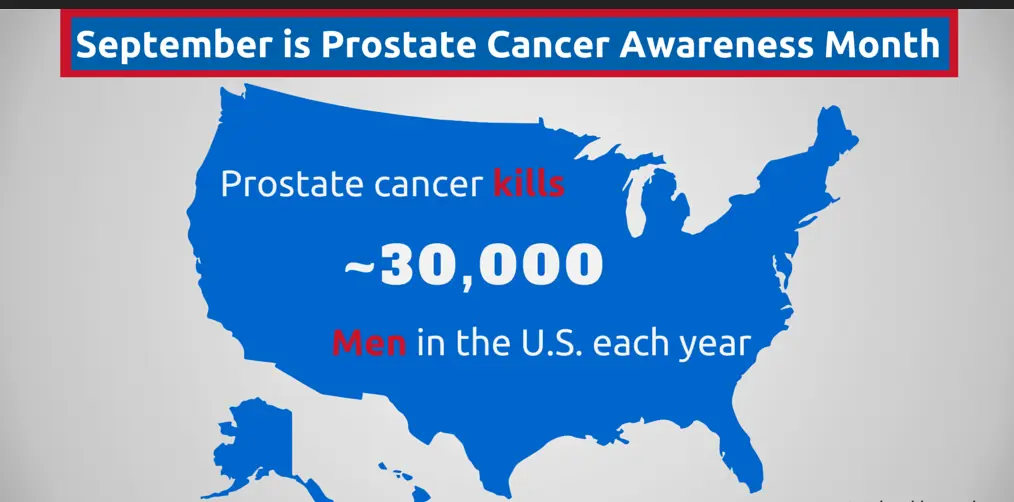
September is Prostate Cancer Awareness Month, and with prostate cancer holding a spot as one of the most common types of cancer among men, it is important to know the signs, symptoms and available treatments for this disease. Sentara Halifax Regional Hospital, in conjunction with Dr. Christi Hughart, will be sponsoring free prostate cancer screenings for men age 50 and older on September 12, beginning at 5:30 p.m. In addition, Sentara Halifax Regional Hospital will be holding an informative Prostate Cancer Awareness Month Men’s Health Seminar on September 27th at 6 p.m.
“When detected early, prostate cancer can be curable, but preventive screenings are key,” says Christi Hughart, D.O., F.A.C.O.S., Urologist at Sentara Halifax Regional Hospital.
Signs and symptoms
During the early stages of prostate cancer, men may not experience signs or symptoms. During more advanced stages, men may have trouble urinating, experience discomfort in the pelvic area or have bone pain.
Screening for prostate cancer
There are two screenings that can be performed to look for prostate cancer. A physician or nurse practitioner can perform a digital rectal exam. During this exam, your provider looks for abnormalities in the texture, size or shape of the prostate. Another test is the prostate-specific antigen test (PSA). This is a blood test drawn to check the PSA levels in the body.
Diagnosis
If your provider finds any abnormalities from either test, you will be referred to a urologist. The urologist may perform a biopsy of the prostate. The results will reveal if the abnormalities are cancerous or noncancerous. If it’s prostate cancer, your urologist will determine the cancer stage. Prostate cancer has four stages:
- Stage I is confined to a small area in the prostate, and it is not considered aggressive.
- In stage II, the cancerous cells are getting larger and becoming more aggressive.
- In stage III, the cancer cells have spread beyond the prostate to nearby tissue.
- In stage IV, the cancer cells have spread to nearby organs.
Determining the stage of cancer will help the doctor decide the best treatment options for you.
Treatment options
Depending on the stage of the cancer and the health status of the patient, treatment varies. Active surveillance means the urologist will continue to screen and test the cancerous cells, making sure they are not worsening. If the cells start growing, radiation therapy or prostatectomy will be considered. Radiation therapy uses high powered energy to kill prostate cancer cells and keep them from growing. Prostatectomy is the surgical removal of the prostate and surrounding tissue. Hormone therapy is used in stage IV to block testosterone. Prostate cancer cells need testosterone to grow, and cutting testosterone levels helps keep the cancer from spreading. Stage IV is rarely cured, but treatment can ease pain and extend life.
Reducing your risk
“Choosing a healthy diet full of fruits, vegetables and whole grains and creating an exercise regimen that keeps you active at least three days a week is a great start to a healthy lifestyle,” says Dr. Hughart. “Talk to your doctor about preventive screenings to catch developing prostate cancer early.”
When prostate cancer is detected early through screenings, increased survival rates and better quality of life are within reach.
If you are a male, age 50 or older, and would like a free prostate cancer screening on September 12, please call 434-446-1876 to register.
To register to attend the Sentara Prostate Cancer Awareness Men’s Health Seminar, please call 434-517-3538.